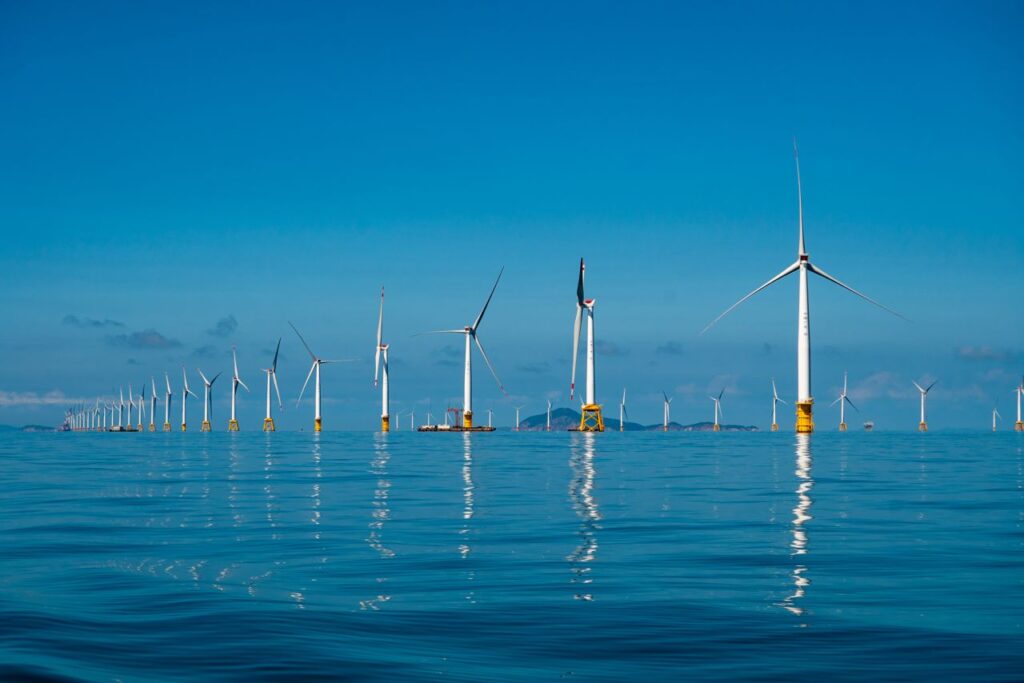
- A new study called the European EVOLVE project has revealed that 70 GW of practically viable ocean energy is available across Great Britain, Ireland and Portugal.
- Of the three locations the study focused on, 34.8 GW of practical deployment was found in Great Britain, 18.8 GW in Ireland and 15.5 GW in Portugal.
A new study called the European EVOLVE project has revealed that 70 GW of practically viable ocean energy is available across Great Britain, Ireland and Portugal. The study states that the capacity is divided between 60 GW of wave energy and 10 GW of tidal stream energy.
Of the three locations the study focused on, 34.8 GW of practical deployment was found in Great Britain, 18.8 GW in Ireland and 15.5 GW in Portugal.
The research project, which is for two years, estimates that 10 GW of ocean energy deployed in Great Britain could reduce system dispatch costs by GBP 1.46 billion per year and carbon dioxide emissions by up to 1.05 million tonnes.
“The key headline from the EVOLVE Project is that including a higher proportion of ocean energy within our future electricity system consistently results in higher renewable dispatch, for the same total renewable energy availability, due to the offsetting of wave and tidal with wind and solar generation,” said Shona Pennock of Edinburgh University, who is EVOLVE’s technical manager. Dispatching more renewables leads to lower fossil fuel and peaking plant dispatch, Pennock added.
Aquatera led the project in partnership with WavEC Offshore Renewables, Research Institutes of Sweden (RISE), the University of Edinburgh, and Swedish wave energy converter developer CorPower Ocean and Scottish tidal stream turbine developer Orbital Marine Power. It involved both spatial and temporal analyses. In addition, microgrid modeling of future island systems was also carried out.
According to the research, a combination of ocean and wind energy brings benefits as wave energy generation increases when wind energy dips and tidal stream generation is unconnected to wind.
“The net zero energy system of the future will need multiple forms of renewable energy generation. We know that the tides rise and fall like clockwork and can be predicated hundreds of years into the future,” commented Orbital Marine Power commercial director Oliver Wragg.